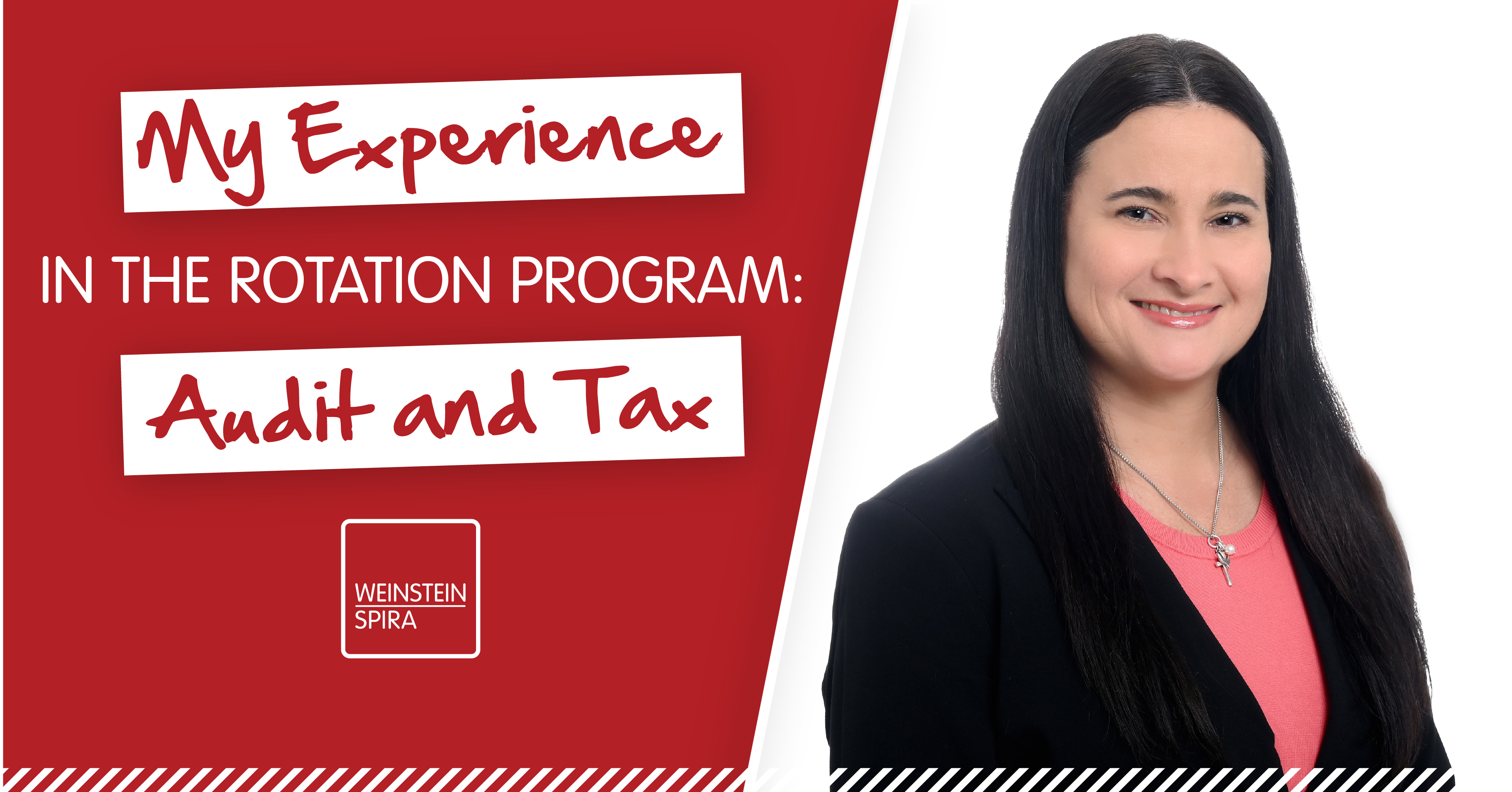From working as a corporate receptionist for the last several years, I’ve learned so much about telephone etiquette that I can now share my expertise for the benefit of others. Regardless of your position, answering the phone is a part of everyone’s daily repertoire at work. So, it makes sense to be the best you can be when taking a call. Below are some telephone etiquette tips that will up your game.
1. Greet everyone with a calm tone, no matter how busy you may be at that moment. Likewise, notice their tone and the speed in which they are speaking. This will alert you to how urgent the call is.
2. Be positive and upbeat, so the caller knows you’re happy to hear from them. That goes along with smiling, even though they can’t see you—they will pick up on it at the other end of the line.
3. Take the time to say “Good morning” or “Good afternoon.” With caller ID, it can be easy to also use the person’s name.
- If you are unfamiliar with the name given by caller ID or the caller’s voice, however, it’s preferable to ask, “Who’s calling, please?” or wait until they introduce themselves, rather than making assumptions.
- If you do know them well, you may want to take a moment for personal chit-chat, like “How is your day going?” But, then quickly get down to business.
4. Be efficient. Realize other people are as busy as you are, so keep business calls brief and remain sensitive to their schedule. If a phone meeting is supposed to last one hour, stay within that time constraint. End the call on time or sooner.
5. Always be respectful, as you may not realize to whom you’re speaking. If it is a prospective client or new hire, a phone call may very well be the “first and lasting” impression they form of the company. A simple phone conversation can make them feel welcome (or not).
6. Express your willingness to help or assist in any way, providing the needed information or referring the caller to someone else who knows the answer to their questions.
7. Be a good listener! That means practicing “active” listening (what some call “world-class” listening), without interrupting and focusing on the caller’s need.
8. Let them know you liked talking to them. Saying something as simple as, “It was a pleasure talking to you today,” can go a long way. Even the trite, “Have a nice day,” still works as a polite, thoughtful closure to a call.
9. Get to know your frequent callers. Remembering their names and what they might be calling about is flattering and communicates that you value their business.
Finally, on business calls, it’s important to always have a professional demeanor and speak in more formal language. Slang or casual verbiage has no place in work-related communications. There’s a fine line between being friendly and treating someone like a friend.
Although most of these telephone etiquette tips are geared towards external callers, some of the same principles can also be applied to intra-company phone calls. It may be harder to keep that professional edge going when talking to colleagues with whom you work closely and have developed friendships. However, my advice is to sound professional on all phone calls during work hours, staying in business mode. The place to be more casual is at offsite working lunches and happy hour events.



